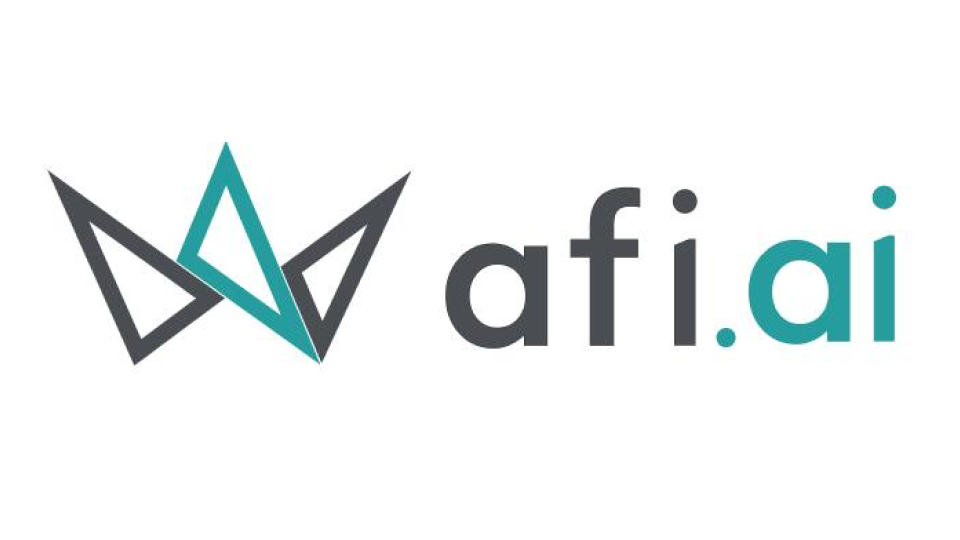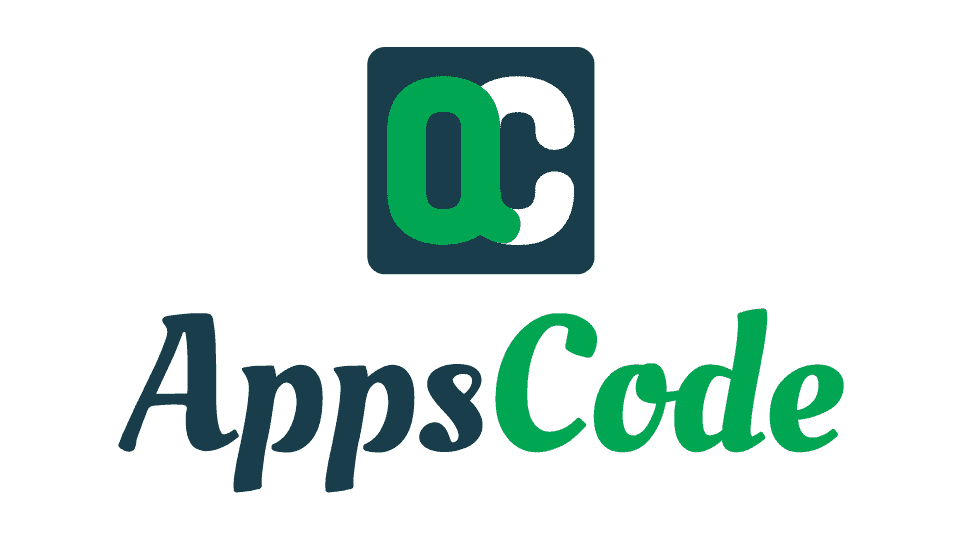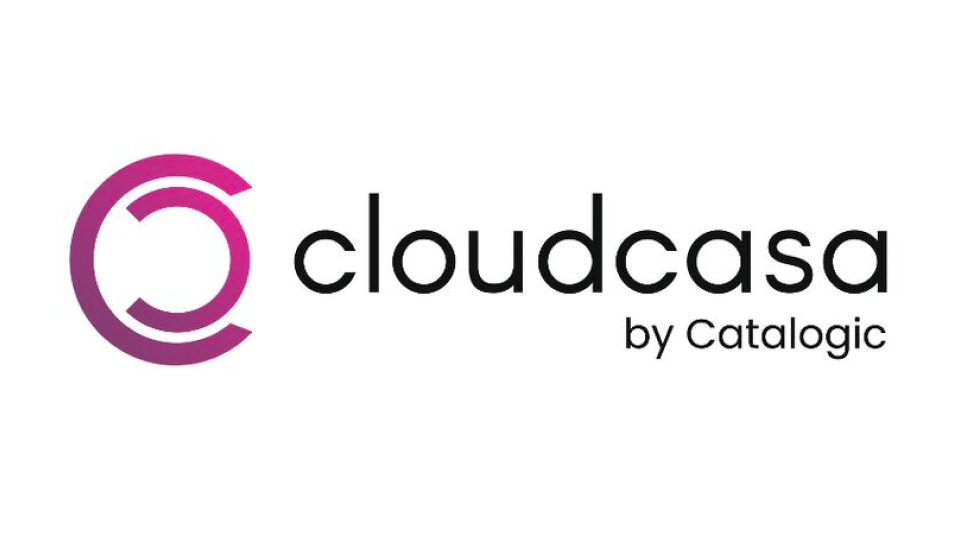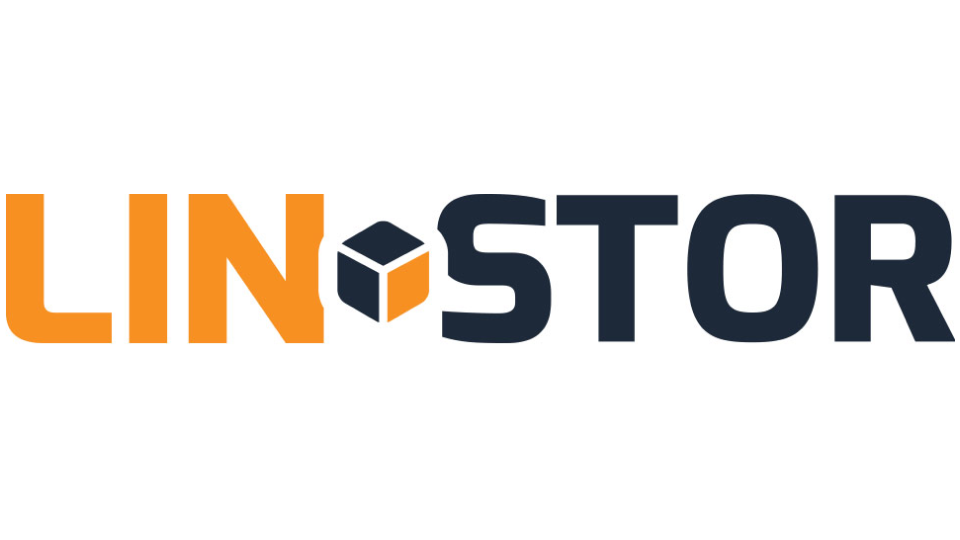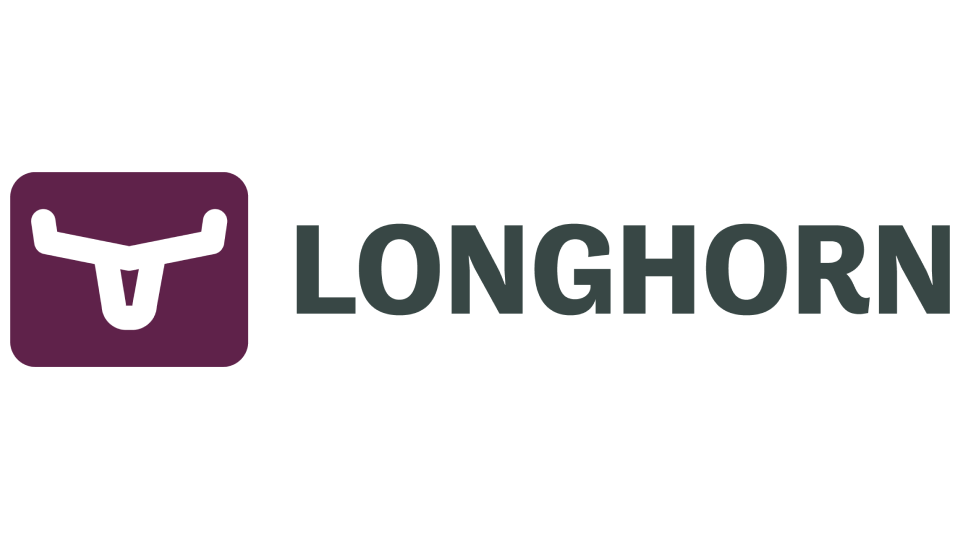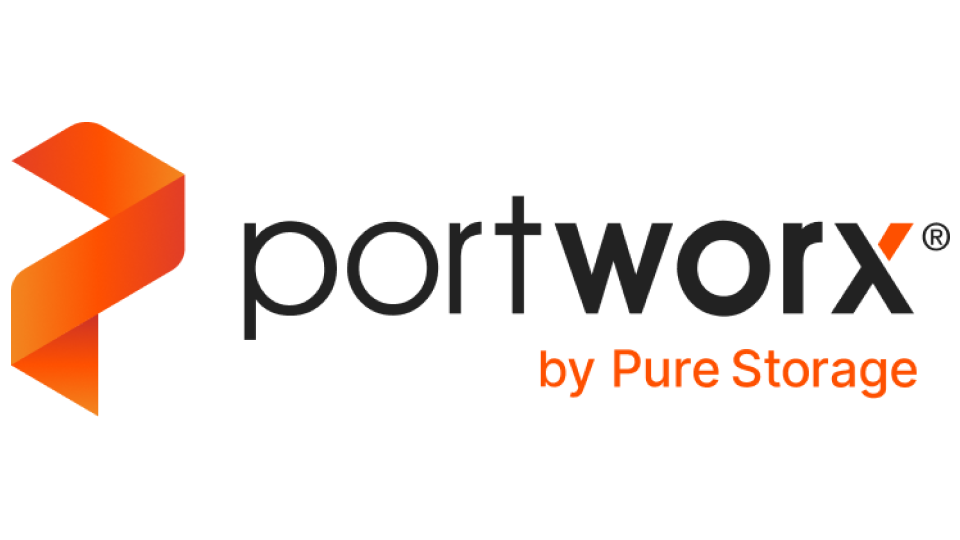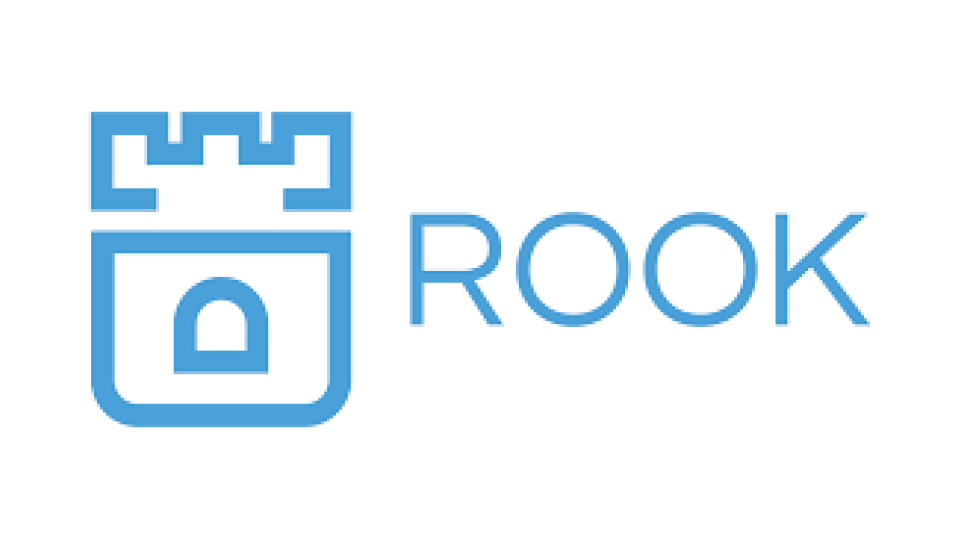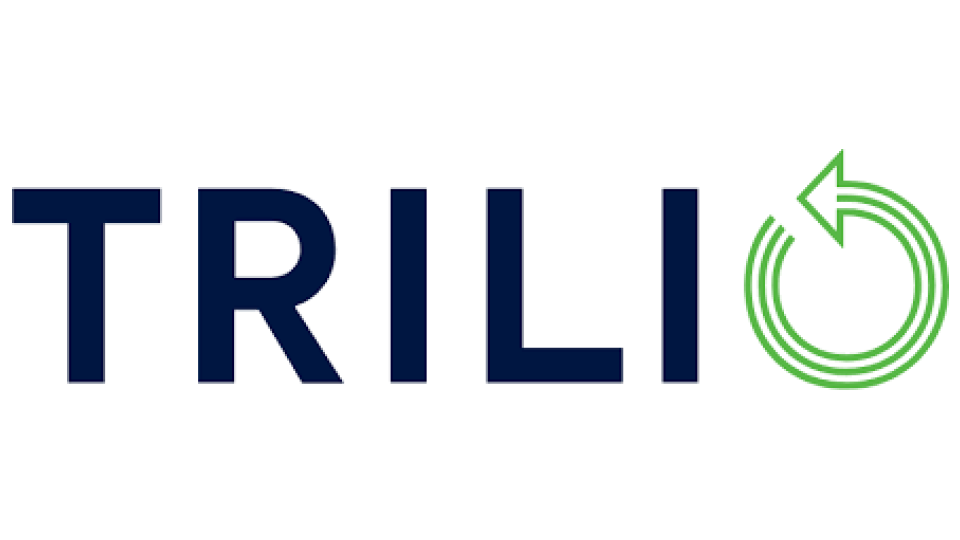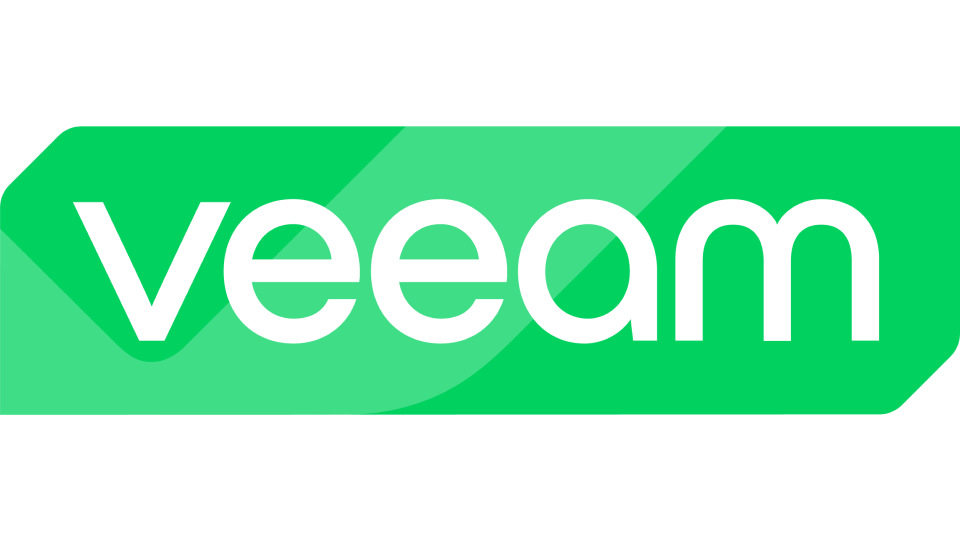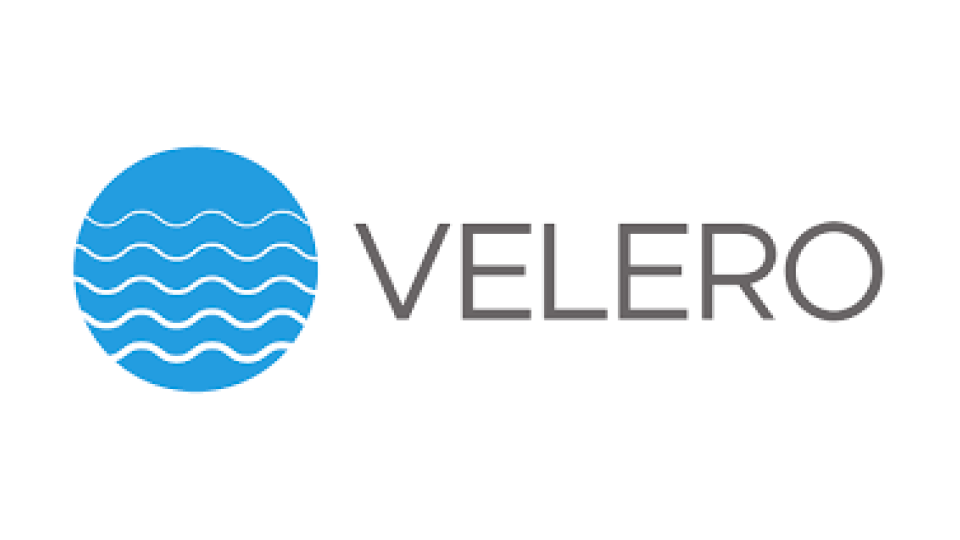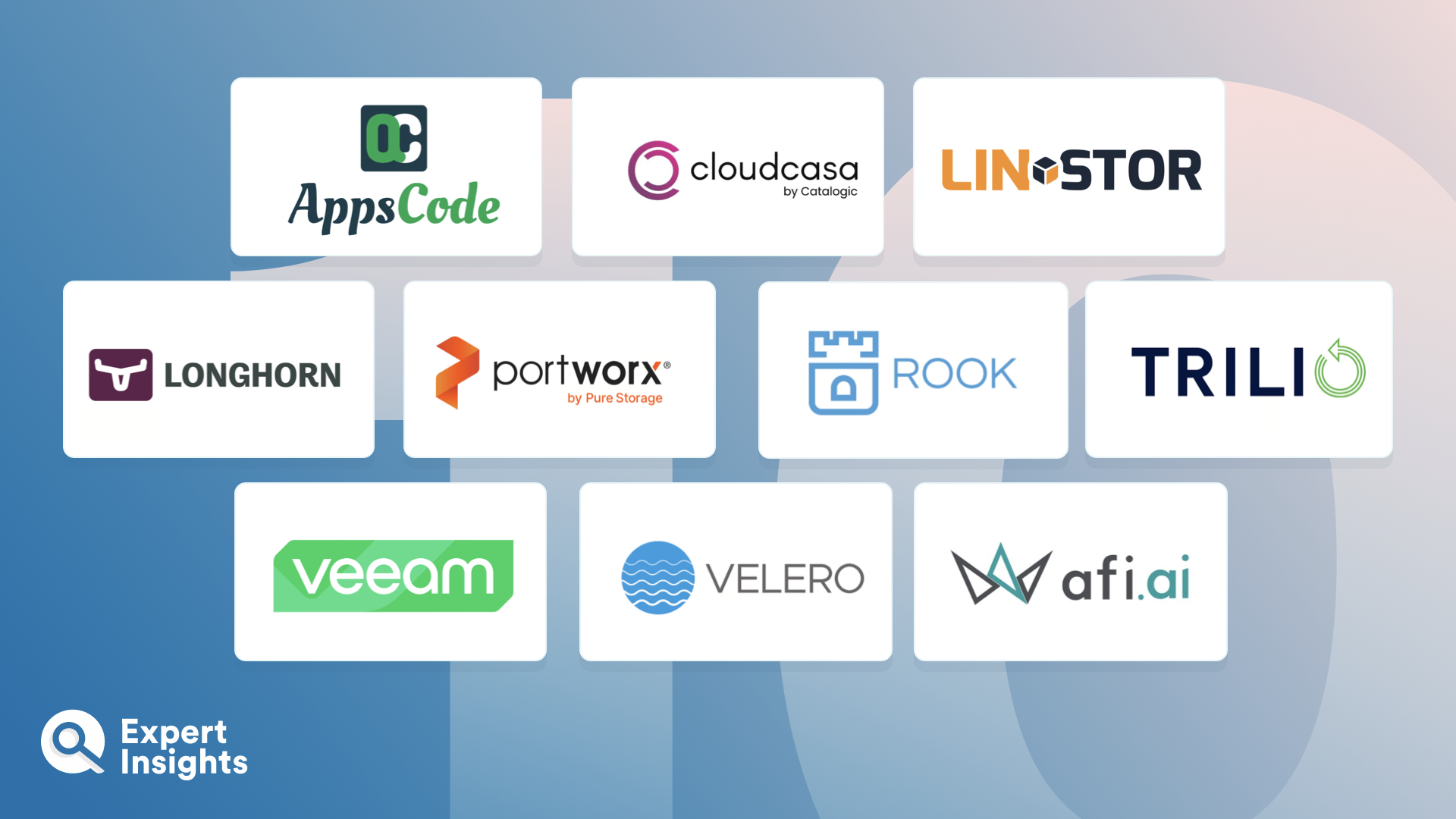Kubernetes has emerged as key player in the container orchestration and management sector. Kubernetes (sometimes referred to as K8) fosters agility, is highly scalable, and very effective when it comes to managing containerized applications. As organizations grow and their data increases, the need for a robust backup and storage solution to safeguard their Kubernetes environments becomes essential. Kubernetes backup and storage solutions are engineered to provide streamlined and secure storage, offering comprehensive tools and services to protect data, ensure recovery, and facilitate optimal storage management within Kubernetes platforms.
Kubernetes backup solutions are key elements of a business’s data loss prevention strategy. They offer a broad range of functionalities including automated backups, data recovery, storage optimization, and disaster recovery planning. These solutions are also equipped to handle the complex and dynamic nature of Kubernetes deployments and will ensure seamless data protection and storage management in clustered environments.
With a range of solutions available on the market today, selecting the most suitable Kubernetes backup and storage solution requires careful consideration and planning. We’ve pulled together a list of the top Kubernetes backup and storage solutions to help you find the right solution for your needs. For each solution, we’ll assess the platform’s technological capabilities, ease of use, and overall benefits.



